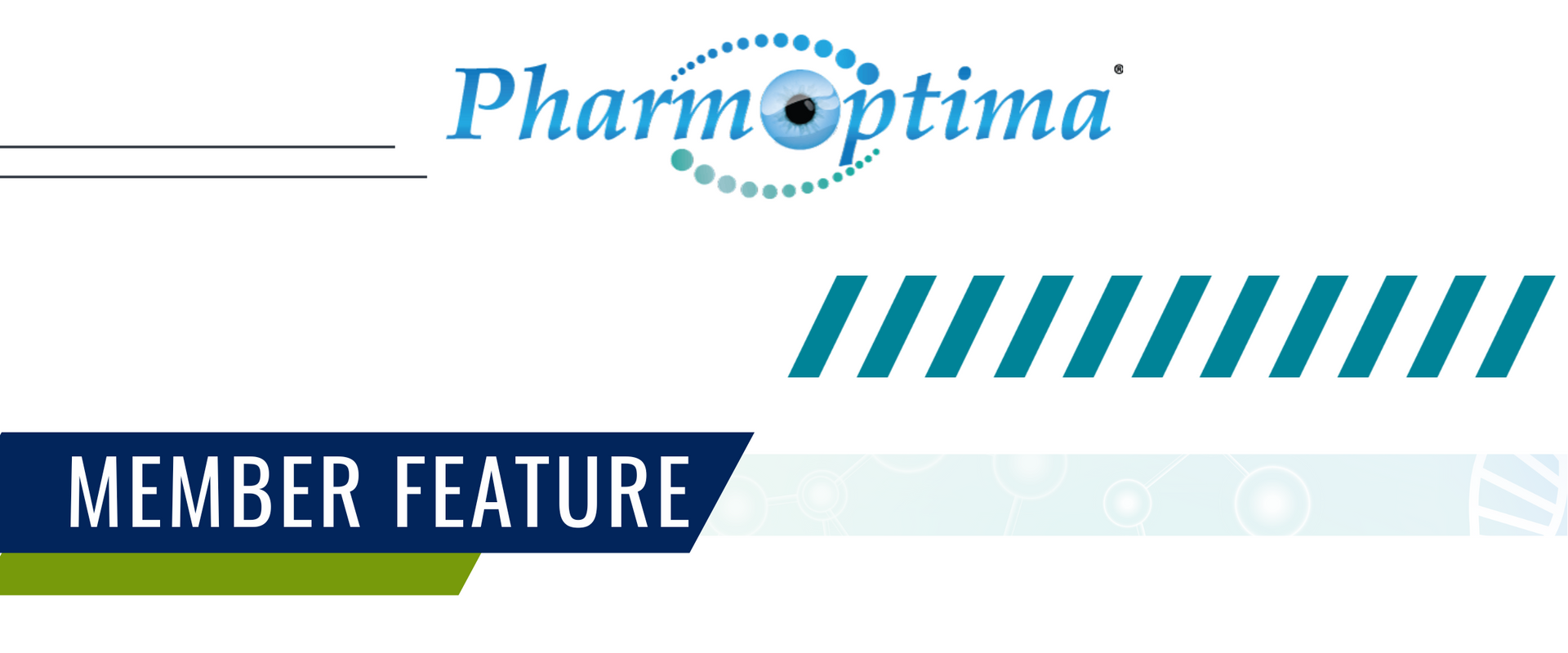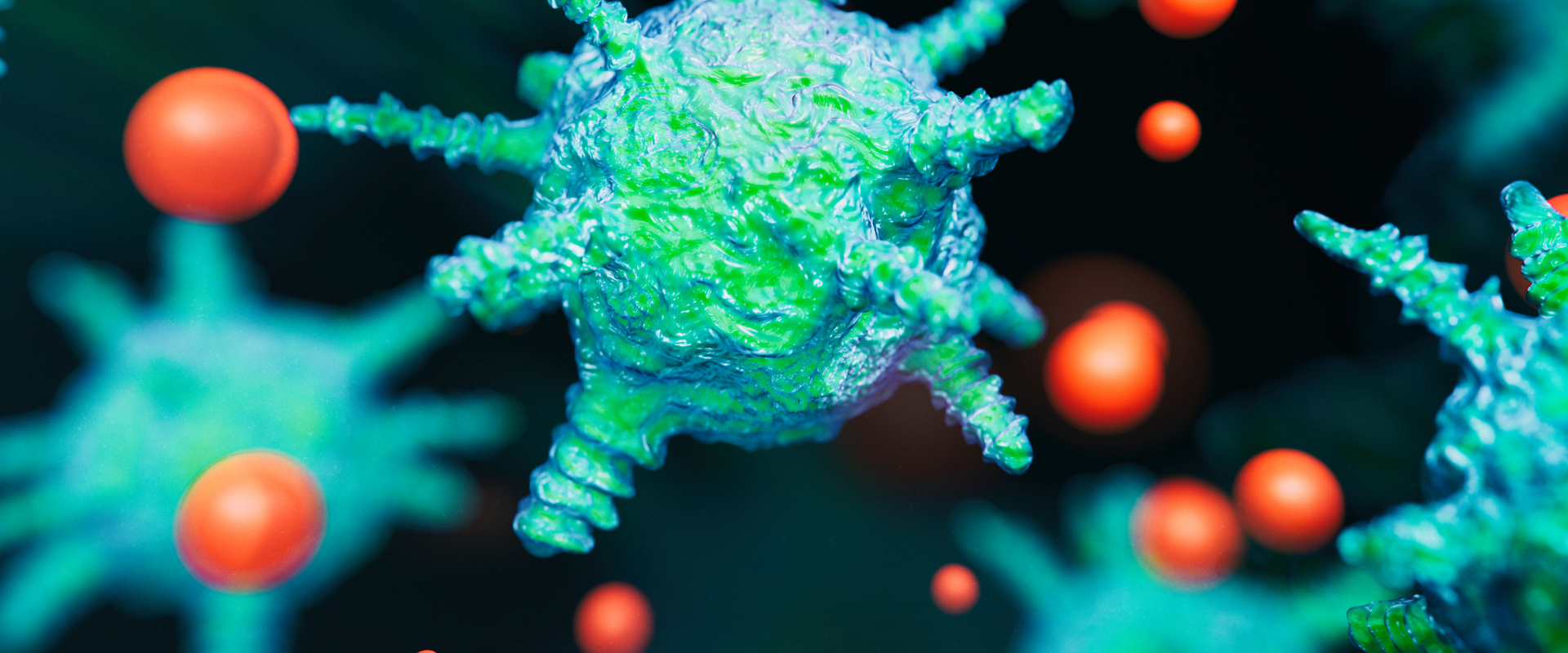Cayman Chemical Introduces LipidLaunch™, Expands Portfolio of Lipid Nanoparticle Research Tools to Support Advances in RNA Therapies
Advancing RNA Therapy Research with LipidLaunch™ Tools
ANN ARBOR, MI, FEBRUARY 22, 2024 – Cayman Chemical, a leading supplier of research tools for lipid nanoparticles (LNPs), announced today the introduction of LipidLaunch™ research-ready LNPs and reagent kits. The LipidLaunch™ product line is the latest addition to the company’s portfolio of LNP research tools and reflects the company’s legacy of providing high-quality lipids for academic, pharma, and biotech researchers worldwide.
The LipidLaunch™ product line helps researchers pursue LNPs for the delivery of nucleic acid therapies in untold health applications, ranging from vaccine development to cancer and cell or gene therapies. Cayman’s LipidLaunch™ products support LNP research and development from discovery to bioanalysis with a range of purpose-built solutions. The full LipidLaunch™ product line includes:
- Preloaded LNPs: Prepared as preformulated LNPs encapsulating reporter gene mRNA, preloaded LNPs are intended for pilot or proof-of-concept experiments to help identify target cells and optimize LNP culture conditions.
- Loadable LNPs: Comprising empty, preformulated LNPs, these cargo-ready, loadable LNPs enable researchers to encapsulate and transfect cells with their RNA cargo of choice.
- LNP Exploration Kits: Containing a complete set of individually packaged reagents, LNP Exploration Kits are designed for preparing tailor-made LNPs with custom cargo without specialized equipment.
- LNP Uptake Kits: Expanding on the LNP Exploration Kit format, the LNP Uptake Kits feature a fluorescently labeled lipid that is incorporated during LNP preparation to visualize LNP cellular uptake.
With accessibility top of mind, the LipidLaunch™ product line reduces LNP barriers to entry by offering simple and cost-effective solutions for researchers at any stage of their studies. LipidLaunch™ research-ready LNPs and reagent kits employ the same lipid formulations as LNPs of broad and current interest, including those used for the mRNA-based COVID-19 vaccines, and are available in multiple formats to give researchers choice in cargo selection and LNP formulation.
LipidLaunch™ research tools were designed to require minimal hands-on time and expertise. Preloaded and Loadable LNPs are preformulated LNPs that require no LNP mixing steps, maximizing ease-of-use, and LNP Exploration and Uptake Kits enable the preparation of LNPs with hand mixing techniques or, if available, microfluidic mixers.
LipidLaunch™ research tools are available now through Cayman or worldwide through their distribution network. Cayman also offers an extensive catalog of lipids for LNP formulation, including ionizable cationic lipids, helper lipids, sterols, and PEGylated lipids, as well as LNP Development Services.
LipidLaunch™ is a trademark of Cayman Chemical Company, Inc.
About Cayman
Cayman Chemical helps make research possible by supplying scientists worldwide with biochemical tools used to understand cancer, neurochemistry, oxidative injury, endocrinology, atherosclerosis, and other human health challenges. Our scientists are experts in the synthesis, purification, and characterization of biochemicals ranging from small drug-like heterocycles to complex biolipids, fatty acids, and many others for use as research reagents and qualified standards. In addition, we offer a wide range of analytical services using LC-MS/MS, HPLC, GC, and many other techniques. Cayman performs API development and production in both Ann Arbor, Michigan and Neratovice, Czech Republic. Learn more at www.caymanchem.com.
RECENT ARTICLES




